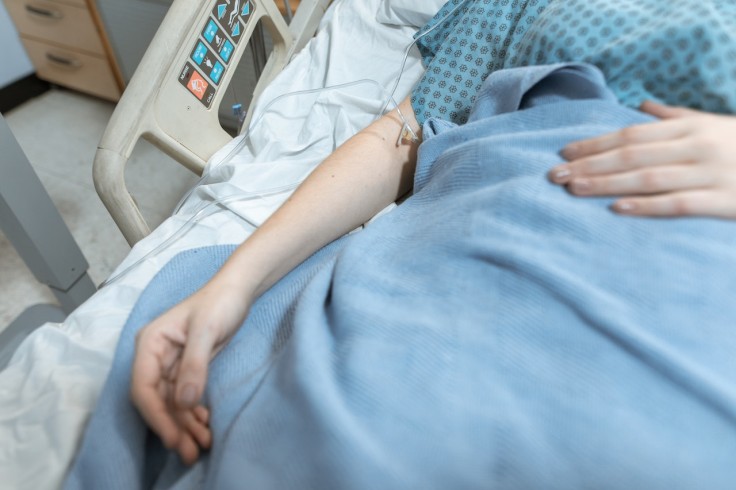
The number of teens crowding the emergency rooms due to mental health and self-harm has doubled since 2016.
In 2016, there were 2,002 kids brought to the emergency rooms diagnosed with mental health or self-harm. In 2021, the numbers doubled, with 5,168 kids with mental health problems crowding the ER. This is according to data gathered by the Center for Improving Value in Health Care (CIVHC) from health insurance claims under the Colorado All Payer Claims Database.
The six-year data further stated that two out of five visits to the ER were due to mental health disorders, specifically anxiety. Other common diagnoses were major depressive disorder and panic disorder.
Self-harm is even more widespread, with the number of kids brought to the ER with this diagnosis tripling from 347 in 2016 to 1,211 in 2021.
Rocky Mountain Hospital for Children's Pediatric Emergency Physician and Medical Director Dr. Karen Woolf stressed how alarming this could be as teens sense that harming themselves is a "normal coping mechanism" to help themselves feel better.
'Non-experts' to manage mental crisis, physician says
Woolf stated that teens at the ER report hopelessness, suicidal thoughts, and anxiety. And many keep on coming back multiple times.
She admitted that it could be frustrating as they are "very well equipped" and "experts" in handling physical injuries but not managing the increasing mental crisis in the country.
"We are not experts in managing ongoing mental health issues. It becomes hard because we know we're not giving the best care for these kids while we're waiting for definitive care," Woolf expressed to 9News.
Woolf described dealing with patients with mental health problems as "heartbreaking" and hard to see, especially since she is a mother to teenagers.
Dr. Chris Rogers, a psychiatrist and medical director at HealthONE Behavioral Health and Wellness Center, stated that the mental crisis is not new to him and his team. He said that it is prevalent nowadays for a 14-year-old to have a pessimistic existential crisis believing there is no point in life because, eventually, everybody will die. Others, he said, struggle with a lack of identity.
He stressed that the data shows how America's mental health care system is "outgunned and outmanned."
He further declared that while children are struggling, the healthcare system is "being reactive," emphasizing that when teenagers find themselves in an emergency room because of self-harm, the government, the society have already failed them as a youth.
Read also: Children's Mental Health Now a National Emergency: Child Therapy and Parent's Support Are Vital
What is the government doing?
Dr. Rogers encourages parents and school to open up kids' and teens' worldviews to different types of successes and imply that there are different paths to a fulfilling life. Kids should know that life is not about what one can post on social media, having straight A's in school, or being liked by everyone.
Most significantly, parents should allow their kids to experience small successes and wins that will give them joy.
The government knows that the youth's mental crises are rising even before the COVID-19 pandemic.
Last year, they released data stating how over 40 percent of teens expressed that they struggle with persistent feelings of hopelessness and sadness and how more than half of parents have expressed concern over their kids' mental health condition. Along with this data, the White House announced two new actions the Biden administration is taking to address the said crisis.
The President secured almost $300 million from the FY2022 bipartisan omnibus agreement to expand mental health services and school access. As the first action, the administration is awarding this amount to ensure that schools can hire more school-based mental health professionals and "build a strong pipeline into the profession for the upcoming school year."
As for the second action, letters have been distributed to governors across the country to encourage more school-based mental health services investments.